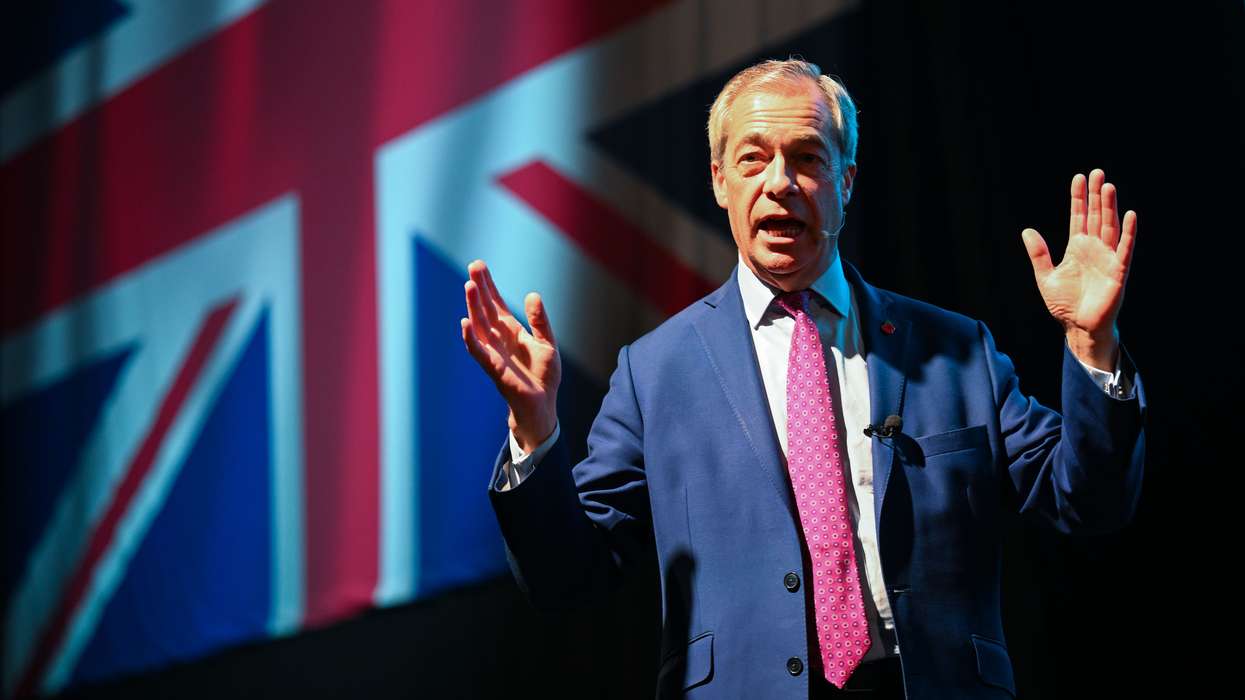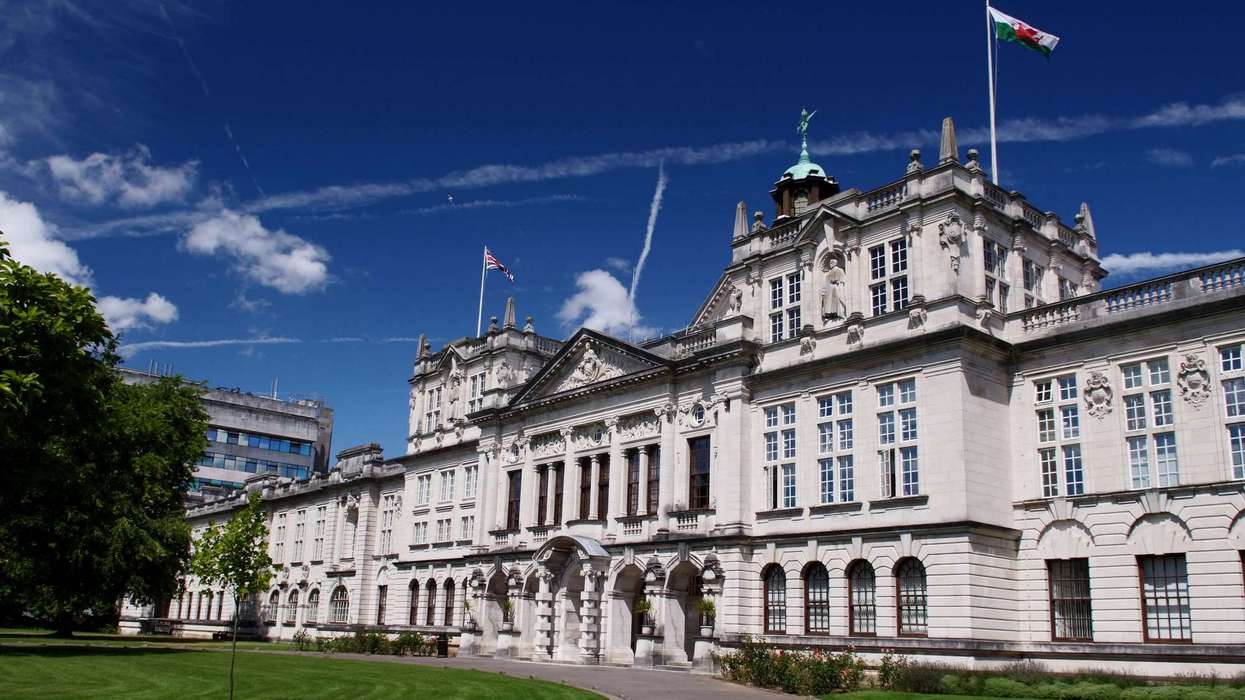A day after being criticised for making disrespectful comments about India pacer Arshdeep Singh, former Pakistan wicketkeeper-batter Kamran Akmal apologised for his remarks.
The comments were made while Akmal was analysing the recent T20 World Cup clash between India and Pakistan in New York.
In a viral video, Akmal was seen making fun of Arshdeep’s Sikh religion. This prompted a strong response from former Indian cricketer Harbhajan Singh.
“I deeply regret my recent comments and sincerely apologise to Harbhajan Singh and the Sikh community. My words were inappropriate and disrespectful. I have the utmost respect for Sikhs all over the world and never intended to hurt anyone. I am truly sorry. #Respect #Apology,” Akmal wrote on X, tagging Harbhajan.
Akmal’s remarks came during the penultimate over of the match when Pakistan needed 17 runs in the last over to chase a target of 120.
Left-arm pacer Arshdeep performed well, securing a six-run win for India. While analysing the match on ARY News, Akmal made controversial comments about Arshdeep before he came in to bowl.
“Kuch bhi ho sakta hai… Dekhe last over karna Arshdeep Singh ne hai. Waise uska rhythm nahi laga. 12 baj gaye hai (Anything can happen. The last over will be bowled by Arshdeep Singh; he hasn’t looked in great rhythm. And it is already 12),” he said.
In the video reposted by Harbhajan, Akmal was seen laughing with other panelists. Harbhajan responded strongly.
“…You should know the history of Sikhs before you open your filthy mouth. We Sikhs saved your mothers and sisters when they were abducted by invaders, the time invariably was 12 o’clock. Shame on you guys. Have some gratitude.”
The win at Nassau County International Cricket Stadium in New York put India at the top of Group A with four points from two wins.
(PTI)





